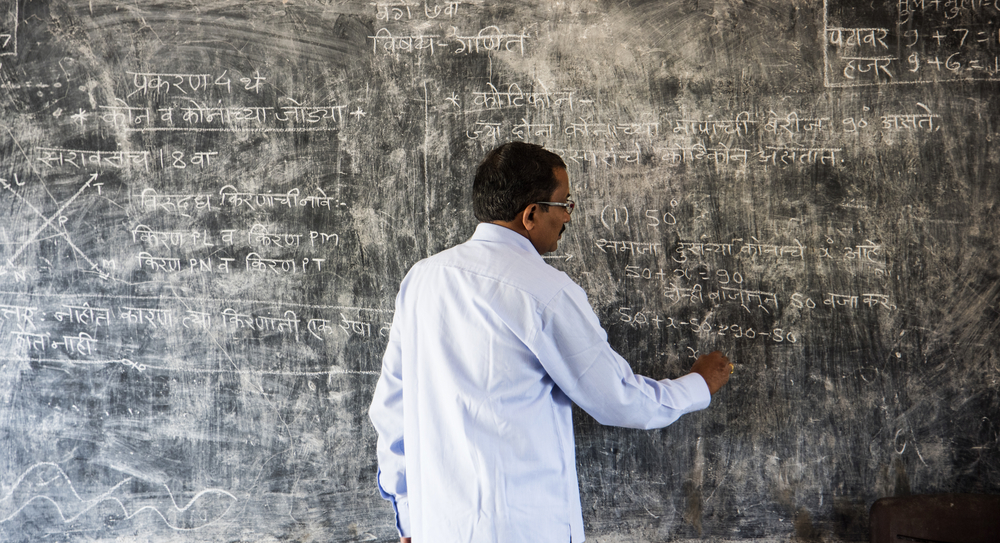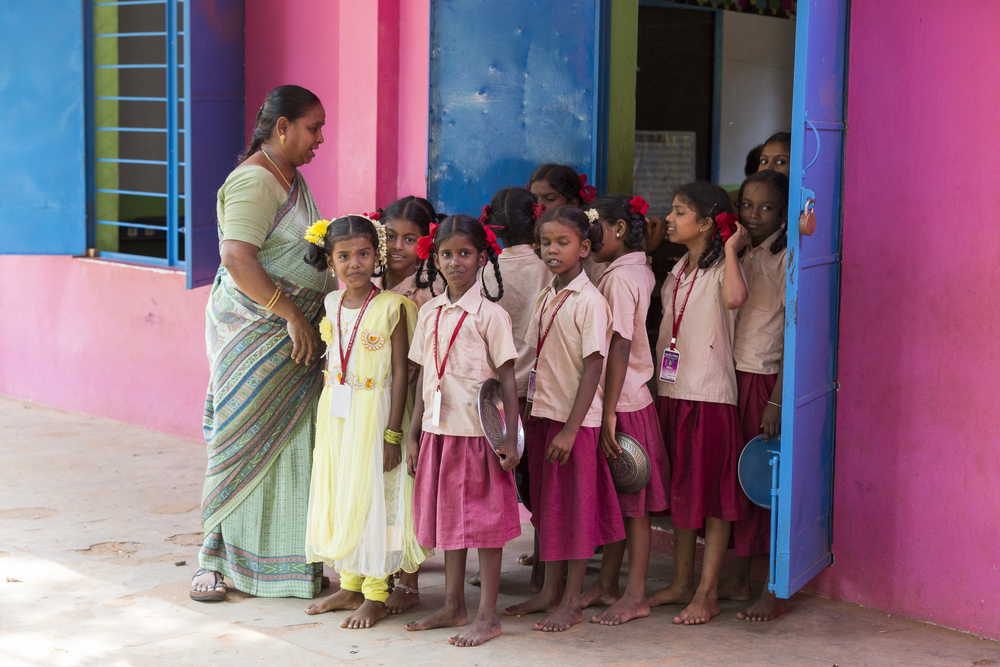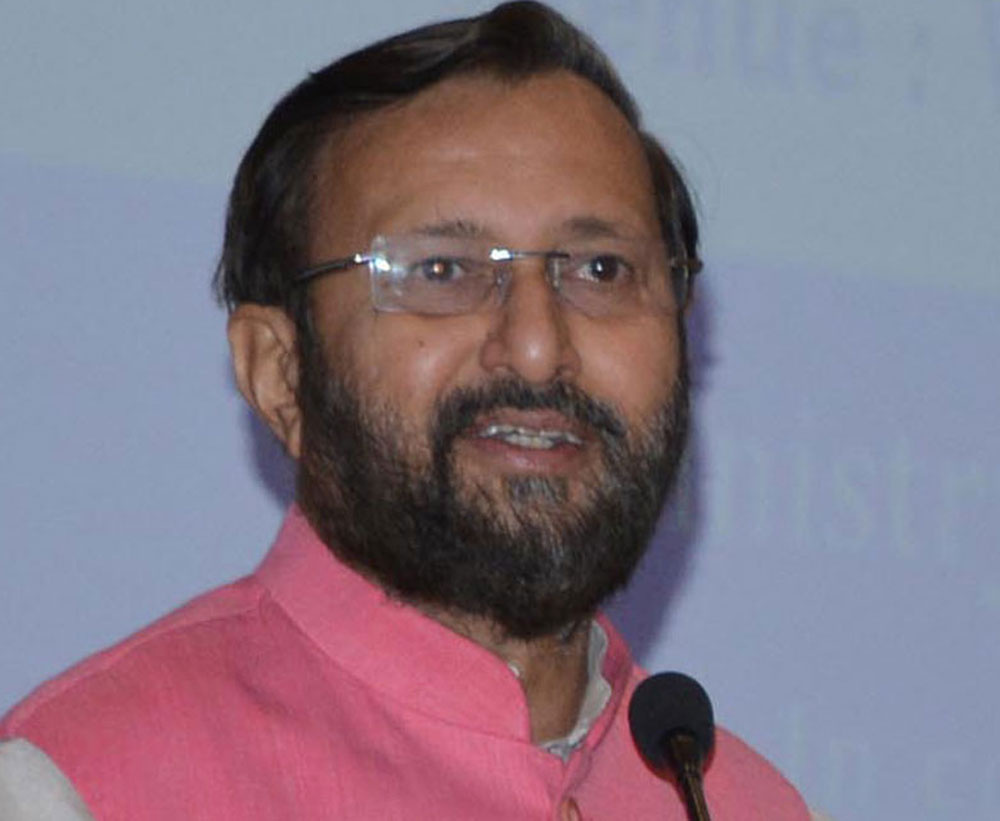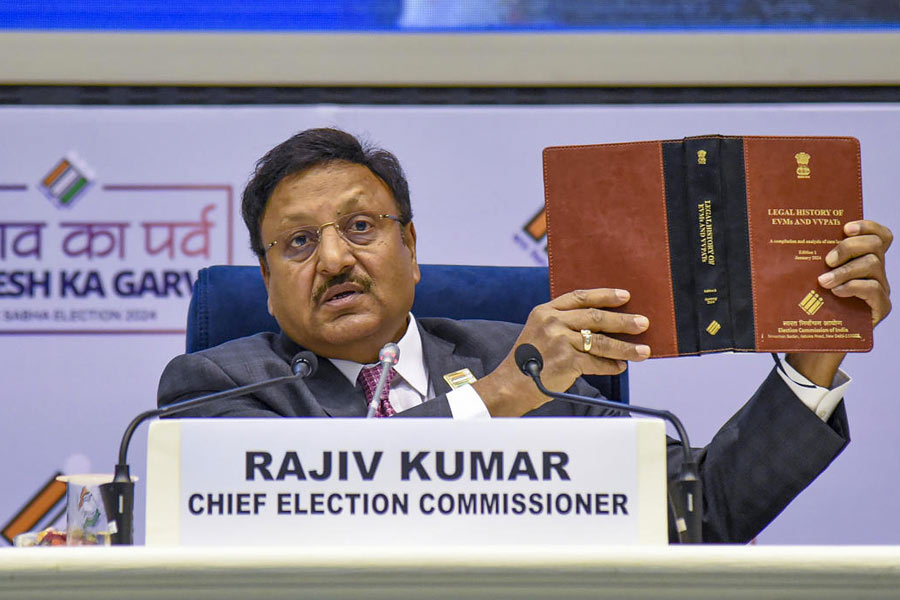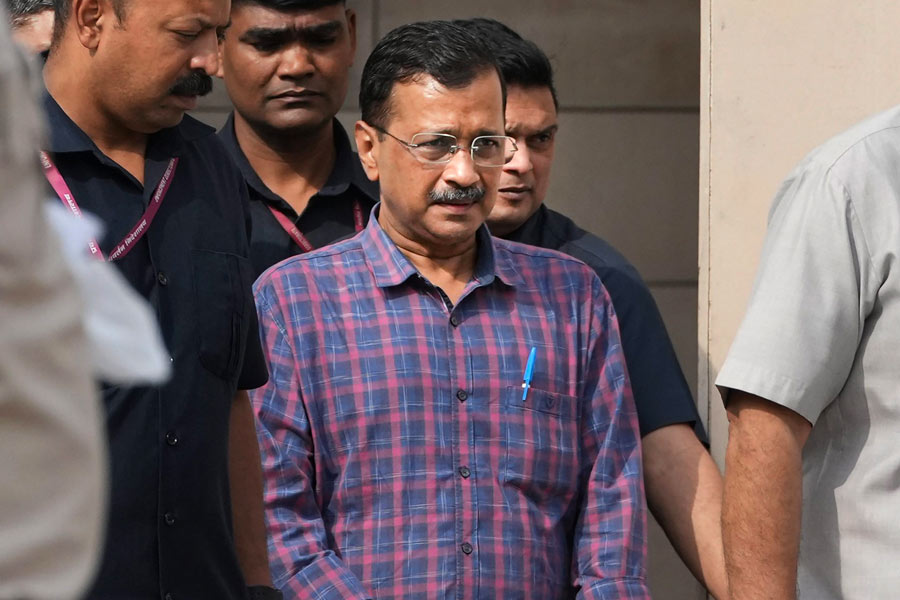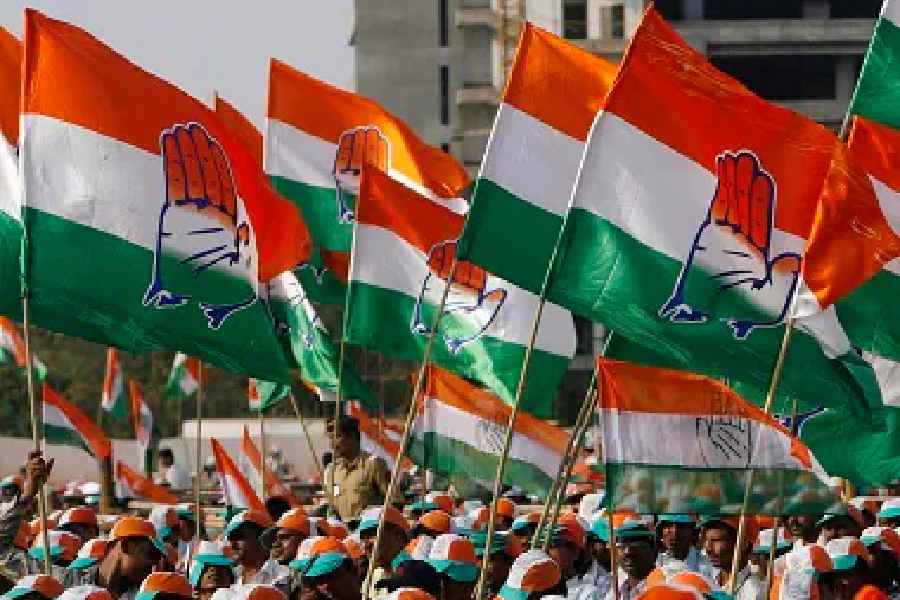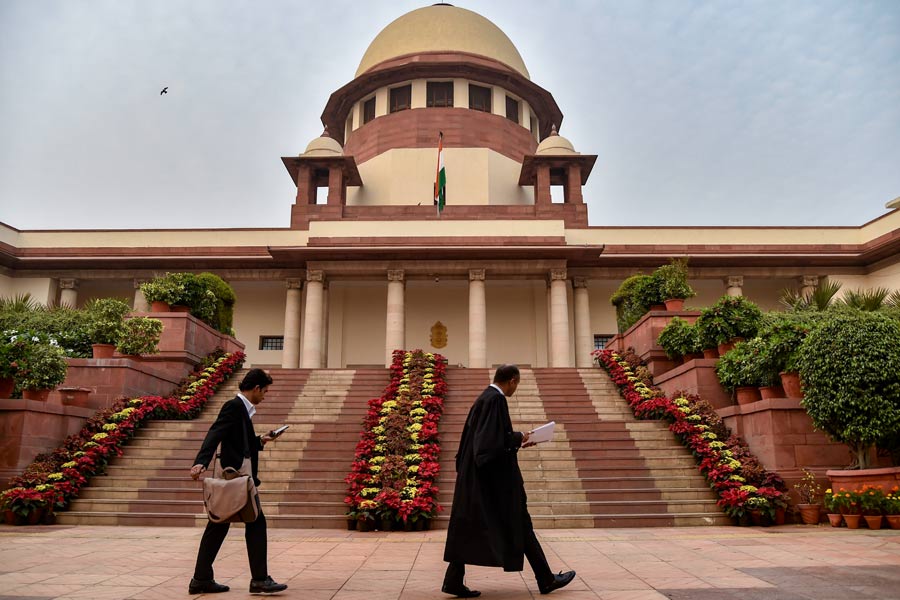The government on Thursday admitted before a parliamentary panel that the Scheduled Tribes would virtually be left without reservation in college and university teachers’ jobs if each department is considered the unit for calculating the quotas, as mandated by the courts.
Human resource development ministry officials who appeared before the panel on OBC welfare based their assertion on a 13-point roster system that the department of personnel and training unveiled last week.
The roster reserves the first three posts for general candidates, the 4th, 8th and 12th for OBCs, the 7th for Dalits, and the 10th for the economically weaker sections among the upper castes.
For reasons unexplained, the roster has two positions at the 13th slot, the first for general candidates and the second for the Scheduled Tribes, which practically means the 14th post is reserved for the tribal candidates.
These positions are deemed to be consistent with the Dalit, tribal and OBC quotas of 15 per cent (one in seven), 7.5 per cent (one in 13) and 27 per cent (one in four), respectively.
If all the departments of a university were clubbed during a particular round of recruitments, the number of vacancies would generally be large enough to allow all the quotas to be adequately implemented.
But since individual departments tend to have only a few vacant posts, such percentages result in small fractions, meaning the quota candidates lose out. A Dalit candidate has to wait for the seventh vacancy in the department and a tribal candidate for the 14th, which might take years.
However, if the department has, say, only six seats, the seventh vacancy will be considered the first vacancy of a new cycle — so no Dalit candidate would ever be recruited. Any department with fewer than 14 seats will forever be closed to the Scheduled Tribe quota.
This is seen from the advertisements for teachers that several universities have issued in the past one year. As the chart shows, out of 263 teacher posts advertised by five universities, just 7 (2.66 per cent) are reserved for Dalits and 17 (6.46 per cent) for the OBCs. Not a single seat is reserved for the tribal communities.
Of the five institutions, the Sampurnanand Sanskrit Vishwavidyalaya, Varanasi, is more hospitable to quota candidates --- possibly because it has larger volumes of vacancies in several departments.
“We have analysed the data from about 20 universities. We found the Scheduled Tribes would not get a single seat,” a senior ministry official told The Telegraph.
The ministry officials told the House panel that the government would by next week file a review petition in the Supreme Court against its judgment upholding an April 2017 Allahabad High Court verdict that mandated department-wise reservation.
Officials said the ministry would include its analysis in its review petition. Several members of the House panel demanded an immediate law overruling the court verdict, but the government would not commit to it.
University Grants Commission chairperson D.P. Singh, however, told the parliamentary committee that all the universities would be asked to withdraw their advertisements.
The commission had last year issued a circular asking universities not to recruit teachers, but these universities still published the ads.
Rashtriya Janata Dal MP Manoj Jha told this newspaper that it would take “a few hundred years” for the Scheduled Tribes to get a single reserved seat under the 13-point formula.
“The sequence of reservation should be reversed. The first post should go to the Scheduled Castes, followed
by the unreserved (general category). The third post should go to the Scheduled Tribes, followed by the unreserved and the fifth post should go to the OBCs, followed by the unreserved,” Jha said.

